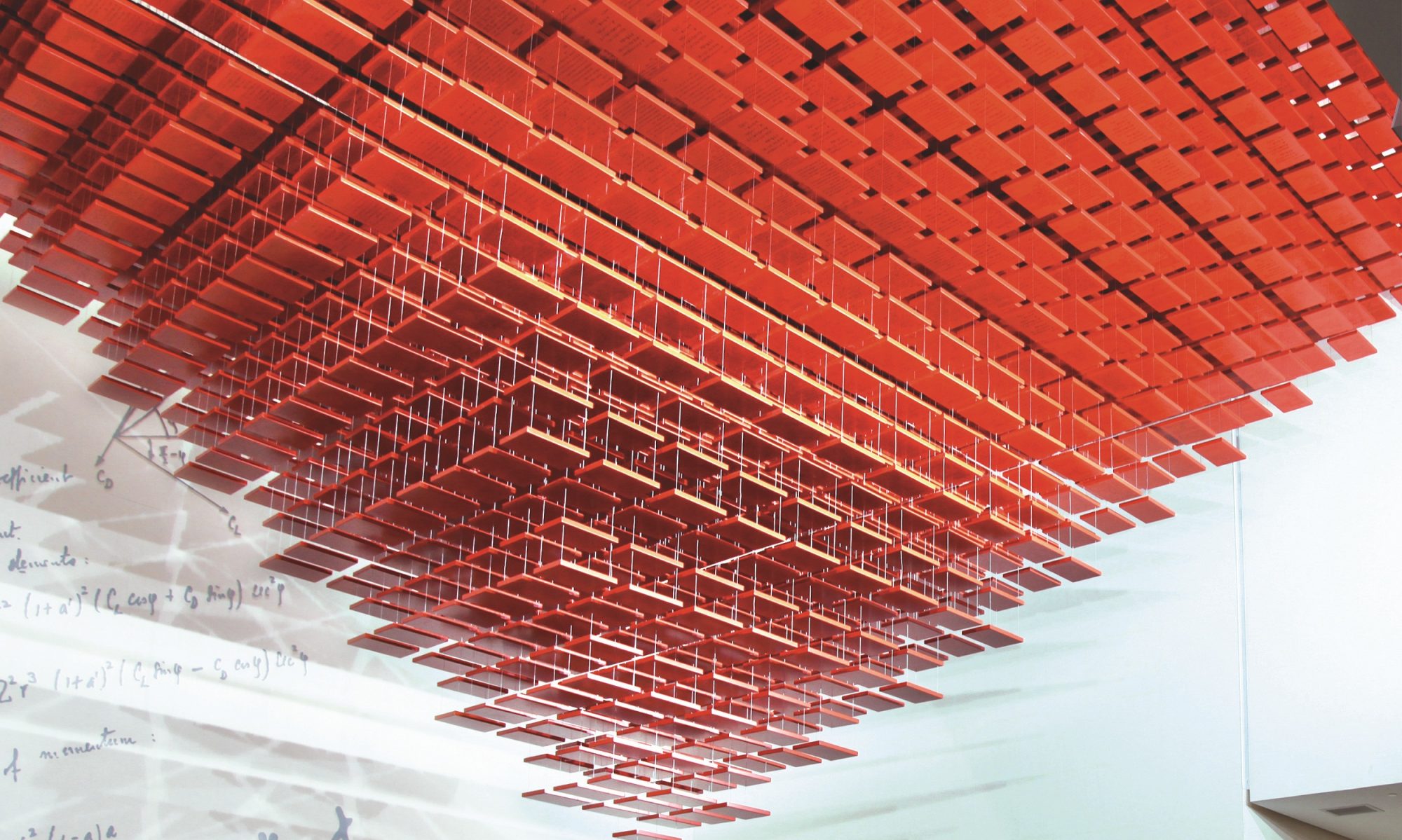Project UMAC-ER: The Ethics of Restitution and Repatriation (2020-2021)
ICOM is supporting UMAC’s project UMAC-ER, ‘Ethics of Repatriation and Restitution’, which examines collections and objects in universities and their museums from the perspective of ‘decolonisation’. It aims to raise levels of awareness, expertise and sensitivity and to contribute to the body of knowledge around these issues in the wider museum community, by drafting guidelines that can complement ICOM Code of Ethics.
Project Chair: Steph Scholten, UMAC/The Hunterian, University of Glasgow, UK
UMAC Partners: ICOM’s Committee for Professional Ethics (ETHCOM), ICOM Committee for Collections and Museums of Ethnography (ICME), ICOM Australia and UNIVERSEUM
Activities:
- Public consultation on the document GUIDANCE FOR RESTITUTION AND RETURN OF ITEMS FROM UNIVERSITY MUSEUMS AND COLLECTIONS
- Presentation of UMAC document ‘Guidance for Restitution and Return of Items from University Museums and Collections‘, followed by round table with: Steph Scholten, The Hunterian, University of Glasgow, UK (moderator); Neil Curtis, University Museums Department, University of Aberdeen, UK; Bankole Sodipo, Babcock University, Nigeria; Mangubadijarri Yanner, Gangalidda Nation/Australian Institute of Aboriginal and Torres Strait Islanders Studies (in video); Jason Lyons, Australian Institute of Aboriginal and Torres Strait Islanders Studies; George Young, Manchester Museum, University of Manchester, UK; and Mike Pickering, National Museum, Australia.
Project P-MUS: Professionalising museum work in higher education: A global approach (2017-2019)
The P-MUS project is now completed. We’re compiling the results in a publication.
Between 2017 and 2019, UMAC has developed the research project Professionalising museum work in higher education: A global approach (P-MUS). The project was supported by ICOM Special Projects and results from a partnership between UMAC, the ICOM Committee for the Training of Personnel (ICTOP), the Association of Academic Museums and Galleries (AAMG, USA) and the European Academic Heritage Network (Universeum).
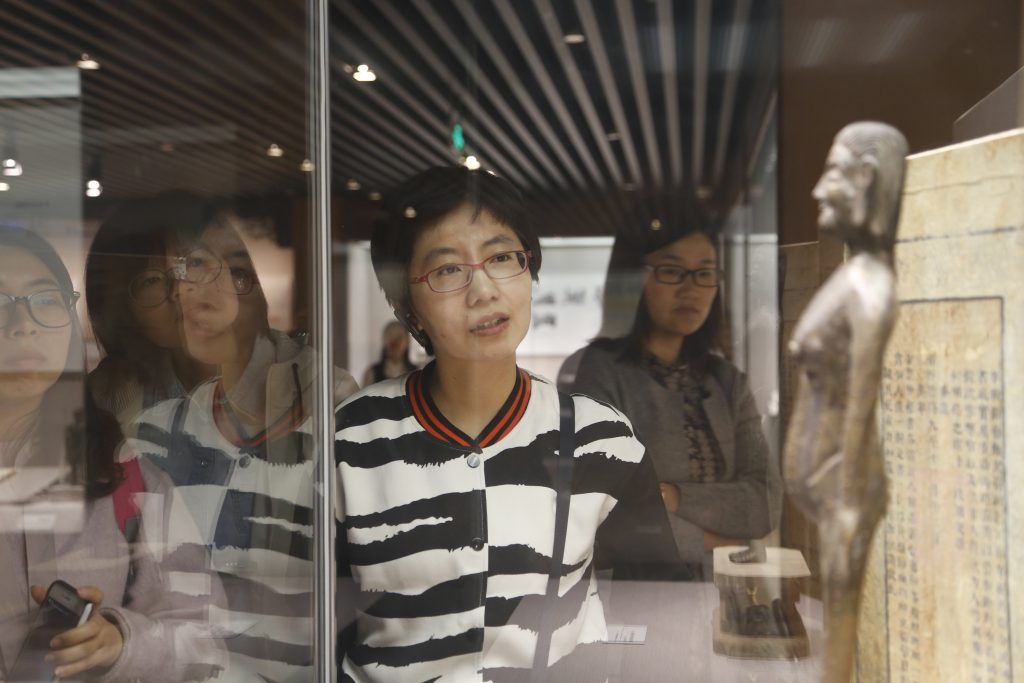
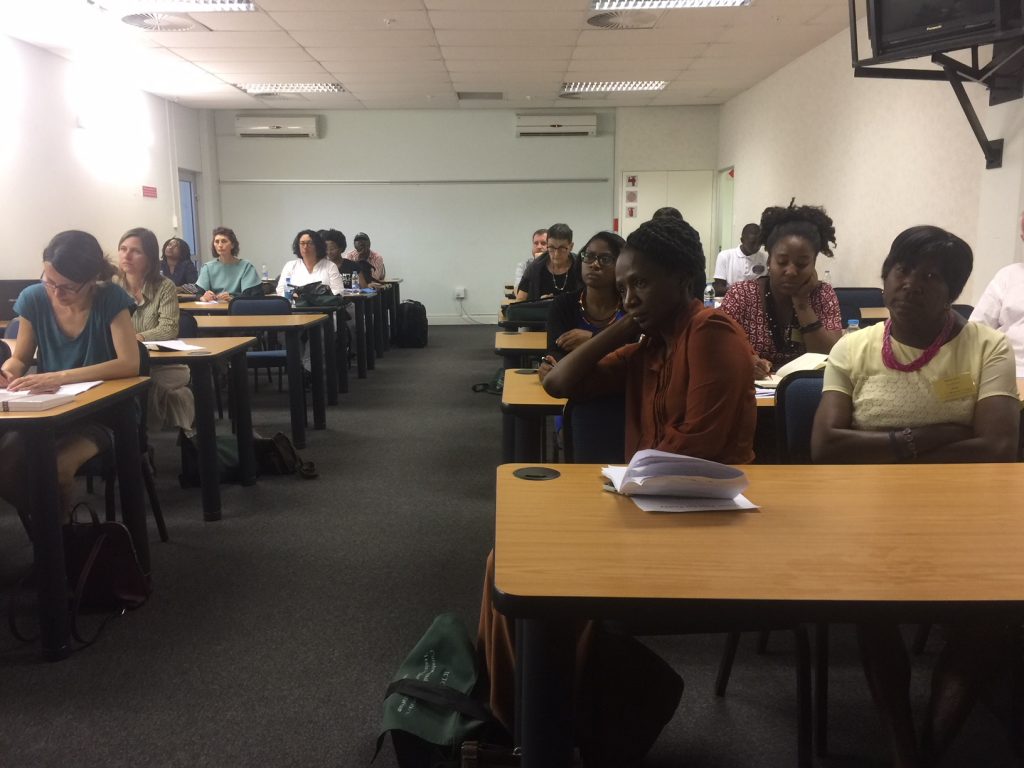
Project P-MUS had four goals:
- to promote museological training among university museums and collections professionals worldwide;
- to increase the use of university museums and collections as museum training resources;
- to compile and analyse literature and information about professional profiles, positions and standards in university museums and collections;
- to identify and discuss museum training content and issues specific to university museums and collections.
To achieve these goals, P-MUS has developed several activities: professional development workshops, questionnaires, the compilation of relevant literature, among others. The conclusions will be published in a book.
Global Systematic Survey (GSS)
P-MUS developed the first ever systematic survey aimed at profiling professionals of higher education museums and collections worldwide.
The first part of GSS (GSS 1.0) was developed in October-November 2017: a questionnaire comprising 29 questions (21 quantitative and 8 qualitative) targeting 5,625 university museum and collections professionals from 42 countries. It was designed to examine four areas: Daily Work, Background Training, Satisfaction and Expectations, and Professional Networks (see the complete questionnaire in English, Spanish, French and Portuguese).
The response rate was low (somehow expected in online surveys), but the questionnaire generated interesting data from some countries.
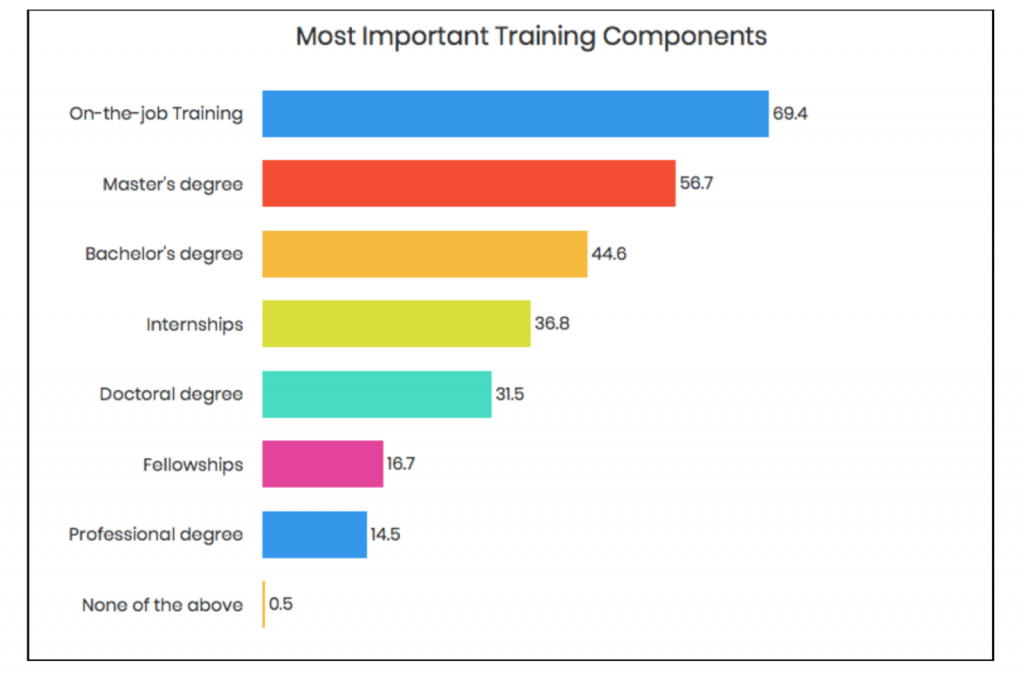
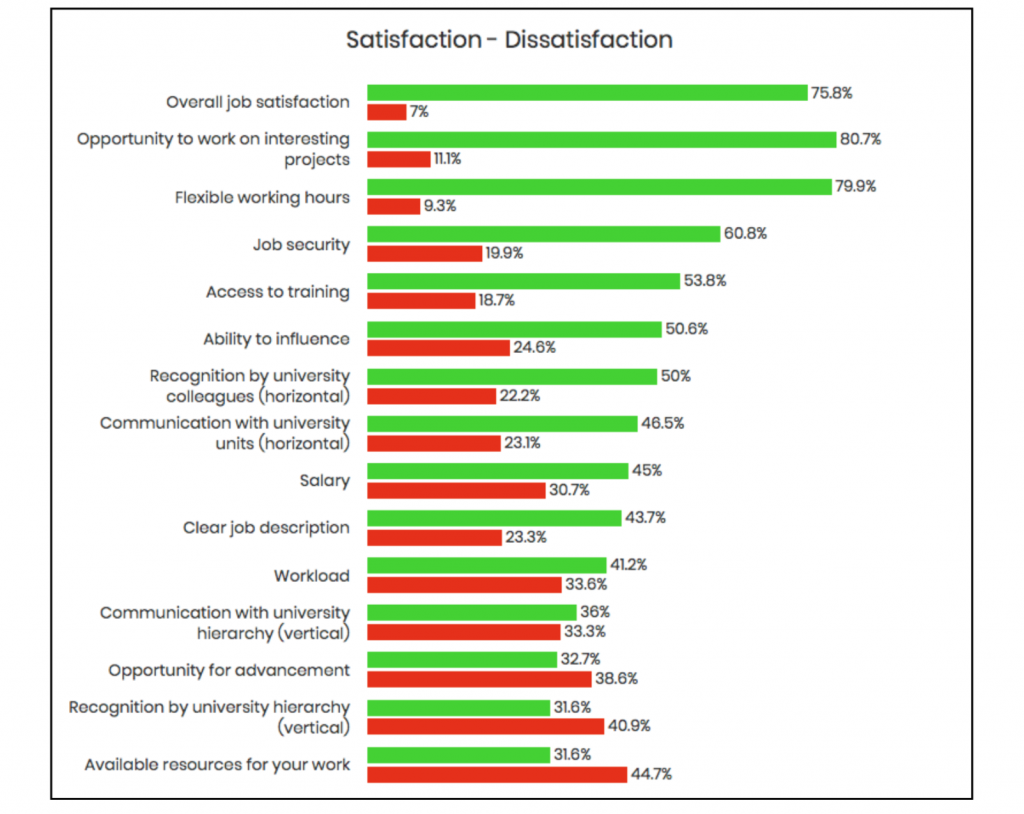
The technical report for GSS 1.0 is available and a glimpse of the preliminary results can be seen here.
The second part of GSS (GSS 2.0) was implemented in late 2019-early 2020. Specifically, i) variables from the questionnaire will be crossed (e.g. average annual salary and satisfaction, academic degree and country); ii) the questionnaire will be re-opened to increase geographical representation; iii) the open/qualitative questions will be categorised and treated; iv) a number of follow-up interviews will be conducted (case-studies).
GSS 2.0 targets the population of museum and collections professionals from ICOM UMAC (global), Universeum (European), as well as large national university museum associations. You may view the GSS 2.0 questionnaire here.
Coordination: Marta C. Lourenço (UMAC), Darko Babic (ICTOP) and Sébastien Soubiran (Universeum), with the support of Ana Delicado (Institute of Social Sciences, University of Lisbon) and Cristina Luís (CIUHCT, University of Lisbon).
P-MUS Workshop, Brazil
A workshop has taken place at the Federal University of Minas Gerais (UFMG), Belo Horizonte, 8 October 2018, to discuss the GSS results and prepare a publication. The Workshop was supported by the Rede de Museus e Espaços de Ciências e Cultura, UFMG.
Tereza Scheiner, from the Federal University of the State of Rio de Janeiro (Unirio) was the keynote speaker. See preliminary programme and calendar.
Training Resources
Through the years, an incredible number of bibliographical references addressing university museums, collections and heritage specific issues has been published. In 2017, P-MUS has compiled and organised them into categories for easier access to professionals:
- Mission, Relevance to Parent Institution and Strategic Planning
- Governance, Organisational Structure and Leadership
- Administration (Security, Facilities, Budget, Fundraising, Membership)
- General Studies
- Ethics
- Collecting and Collections Management
- Exhibitions and Interpretation
- Education
- Appendices/sample documents
See the full list of references. Since 2018, P-MUS has: i) refined the categories; ii) enlarged the list to improve language and geographical representation; and iii) made the resources available online.
Coordination: Barbara Rothermel (UMAC) and Jill Hartz (AAMG), with the support of UMAC Best Practices Working Group.
Final P-MUS Outcome: Publication
Provisional title: Professionalising Museum Work in Higher Education: A Global Approach
Editors: Marta C. Lourenço & Darko Babic
P-MUS Team 2017-2019:
UMAC: Marta C. Lourenço, coordination (Portugal), Andrew Simpson (Australia), Barbara Rothermel (USA), Nathalie Nyst (Belgium).
ICTOP: Darko Babic (Croatia), George Jacob (Canada), Phaedra Livingston (Canada), Ruth Linton (Barbados).
AAMG: Jill Hartz (USA), Lana Burgess (USA), Nicolette Meister (USA), Pat Villeneuve (USA).
UNIVERSEUM: Esther Boeles (Netherlands), Sébastien Soubiran (France).
Project Research and Evaluation: Jay Boda (USA), Ana Delicado (Portugal), Cristina Luís (Portugal).
Visual Data: Johannes Schäffer (Germany).
UMAC Special Projects are supported by:
